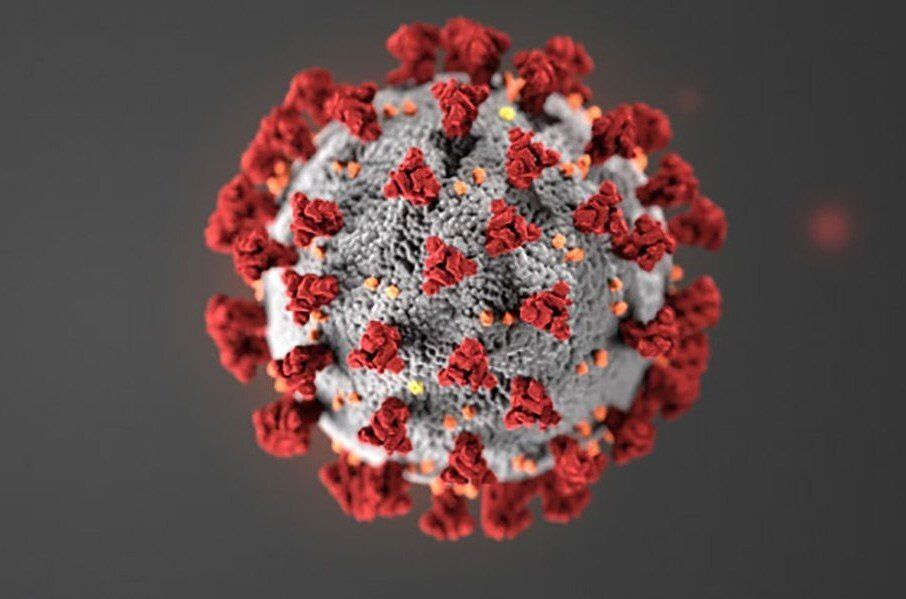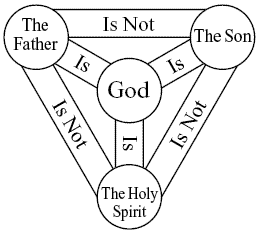What is the age of accountability?
God created us to “need” and “depend” – ultimately to need and depend upon Him, but initially just to sustain life.
A small child needs food, warmth, love and a dry diaper. His world is in fact no bigger than himself. He soon learns to cry – not just for what he needs, but for what he wants too. A baby cannot think in terms of responsibility, duty or moral choice. All he knows is what he wants. “I have an urgent need here.” “What could possibly be more important than me?” An infant doesn’t realize you get tired and hungry too.
This “innocent” self-centeredness is the seed of sin. We “go astray” the Bible says as soon as we are born, “speaking lies’ (Psalm 58:3). Now infants certainly have no moral character. Crying works to get them fed, dry, and held and so it is used for many other things until they learn to talk. In innocent self-centeredness they remain blameless (for sometimes crying when there’s nothing wrong!). God does not impute the lie to them as sin.
As a child grows, his desires for tasty food and things “pleasant to the eyes” (Gen 3:6) increase until one day it becomes necessary to teach him that he can’t always be first. A transition thus begins from “no moral understanding” to personal accountability. Adults expect children to learn to give and take at a level appropriate to their maturity. Everyone laughs at chocolate cake on the face of a child at his first birthday party – but more is expected of a normal ten-year-old.
As children grow they slowly make the transition from “no moral understanding” to personal accountability. (By the way, it is never a “smooth” transition.) So when does God deem a child fully “accountable” for their own actions and thoughts? I’ve heard many say at the age of twelve. Jews may say thirteen (bar- and bat-mitzvahs). The Bible indicates it takes place before the age of twenty (Deut 1:39; cf. Num 14:29-31). Because maturity differs from child to child, I personally do not believe in an “age of accountability.” I do believe, however, in a “state of accountability” (Lev 5:3; James 4:17). I know a preacher who was saved at the age of three. Others, due to birth defect, will never mature to be personally responsible for sin.
So how do parents relate to a child who is “in transition?” God may not deem him blameworthy but we can’t wait until he’s 20 years old before teaching him he can’t have everything he wants. Training and discipline are what help the child (and parent) through this period. A book on my shelf states, “PARENTS MUST ASSUME THAT PART OF THE CHILD’S MORAL DUTY WHICH IS NOT YET FULLY DEVELOPED… When a child has his sails full of wind (strong drives), but no compass (moral discernment), the parent must be the navigator.”
Before a child has his own convictions, it is the training and example of the parent that become their “standard.” This awareness of right and wrong is vitally important as God will eventually use it to convict of sin.










